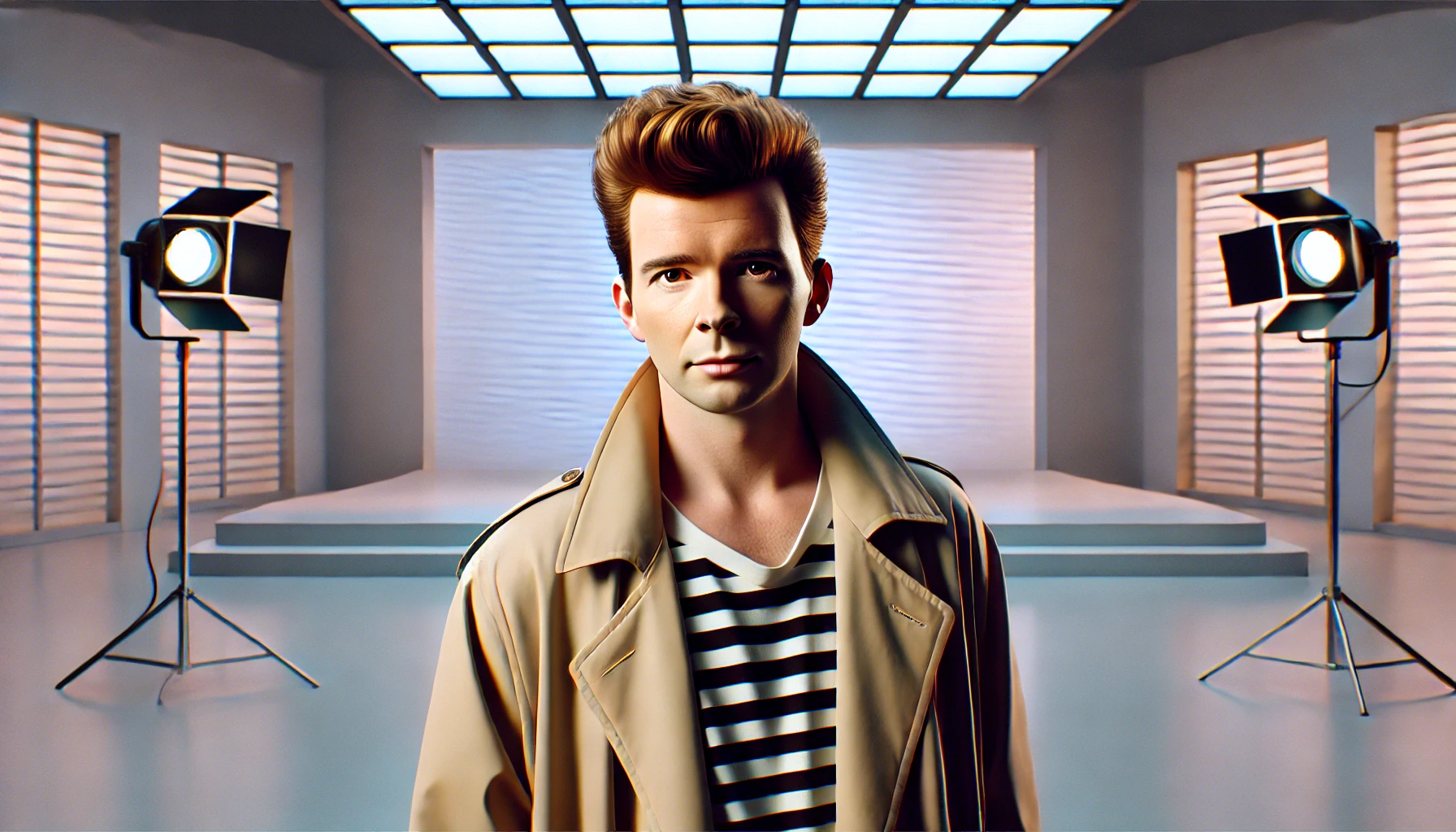Lately, I’ve been playing a lot with Suno.
Suno is an AI that makes music based on your prompts. It’s actually pretty good at it, too. It lacks the ability to edit songs, and the songs it creates will always be based on some formulaic foundation, but so much of popular music is that it gets pretty close to what you’re looking for an awful lot of the time.
I’ve mostly been playing with it in relation to Dungeons & Dragons and roleplaying — prompting the AI to write songs about player characters in the campaigns or based on story summaries. It was this way that I had the realization that the AI could make pretty good metal music that seemed to my ears to hold up against other metal I’ve listened to or enjoyed. I’ll write more about my AI-generated metal band another time.
Suno has mostly been for fun, less experimentation and pushing the boundaries of what the AI is actually capable of. But then I saw a video on Instagram where someone had an AI generate a cover of a pop song (I can’t remember which one) in a different style. And the result was, unsurprisingly (to me), pretty decent. That got me thinking.
AIs are supposed to be trained to not simulate real humans. There’s instructions in their base prompts to avoid representations of known humans. (The featured image in this post shows that that can be circumvented if you’re clever about it. Instead of asking ChatGPT to generate an image of Rick Astley — which I knew it would refuse — I asked it to generate an image from the video to “Never Gonna Give You Up.” While it didn’t depict the classic Astley shuffle like I hoped, the result is pretty recognizable nonetheless.)

And this is where the Rick Astley experiment gets interesting. My expectation, knowing that large language models are expressly not supposed to imitate real personalities is that feeding Suno lyrics to “Never Gonna Give You Up” will work out one of two ways:
- I won’t be allowed to create a song. The lyrics will be recognized and I’ll get a message that says something to the effect of “we’re sorry, this looks like something that you don’t own the copyright to. Please try something else.” This is the sort of thing that I would expect ChatGPT and other popular AI chatbots to do.
- It creates the song, but it bears no resemblance to the original. This is actually the most desirable option, obviously. Because song covers are (often) best when they are complete reinterpretations of the original and you can only hear traces of the source material in the cover. (Consider the original Beatles version of “With a Little Help From My Friends” with the Joe Cocker version that blew everyone’s minds at Woodstock.)
The answer? It wasn’t the first thing.
Exhibit A: 80s metal with female vocals.
This is pretty unique and far from the original. This is what I expected. However, when I tried to make a k-pop version?
Wait, what? How did it legitimately copy Rick Astley’s original vocal patterns? Yes, the music is totally unique, but the vocals are obviously lifted from the original. It’s even more obvious on this dark pop version (I was going for Billie Eilish).
In this version, even the vocals sound like Rick Astley’s voice. What’s going on?
Large language models are products of their training data. It’s somewhat of an urban legend (which may nonetheless be accurate) that the modern models are based on data scraped from the internet. Thousands and thousands and thousands of webpages creating a brain that spits out something that sounds reasonable based on a tremendous amount of data to validate the response. I’ve said this before, but if your source data is garbage, the output you get will also be garbage. If you feed an LLM nothing but quotes from Donald Trump you would be able to create a pretty believable Trump bot.
The music-generation AIs work on the same principle — with the same amount of questionably sketchy ethics questions attached. You can argue that all music is derivative — and you’d be mostly right. But it’s hard to listen to those last two songs and imagine that they exist in a world where Rick Astley’s original “Never Gonna Give You Up” doesn’t exist. It’s not possible. Which means, obviously, that the database of songs that Suno was trained on included the original song.
This makes sense and explains how Suno is able to make such decent-sounding songs. How could you build an AI to generate music if you didn’t feed it popular music that people actually enjoy? How could it possibly know what patterns to follow, what tropes to emulate? It would just be garbage music — a sequence of random notes placed with no real relationship to each other. Or maybe it would be like music created by someone who lacks the ability to hear, having only read about the theory of music, and studied the patterns that they’ve been informed by outside parties are most aesthetically pleasing. Really, that’s what an AI is doing. But it’s also trained on real music. And Rick’s is in there. Which begs the question, what else is in there?

Somewhere, I heard that music generation AIs use Spotify’s API — if true, that suggests that anything available in Spotify’s database of music could potentially be in the AI brain for music-generation apps, whether the original artist (or label, or whatever) agreed to that usage or not. There’s a great interview by a music historian I recently discovered on Instagram, Patrick Hicks, with Christopher White, a professor and author of an upcoming book about AI music, that discusses why AI music sucks (or, alternately, what, specifically it fails at, and how it’s made) that notes that record labels have filed lawsuits for copyright infringement against these music generation AIs. And it’s hard to wonder why when you can basically reproduce known songs.
If you want to listen to the full collection of my Rick Astley experiments, you can check out my Rickrolling playlist on Suno. I have a lot more versions that didn’t make the cut for the playlist and the playlist tends to lean more towards things that sound less like the original. One of my favorites is this nu-metal version.
For a special bonus, a k-pop version and jazz version of Weezer’s “Buddy Holly” (the latter sounding like what would happen if Billie Holiday recorded a jazz standard version of it).

Leave a Reply